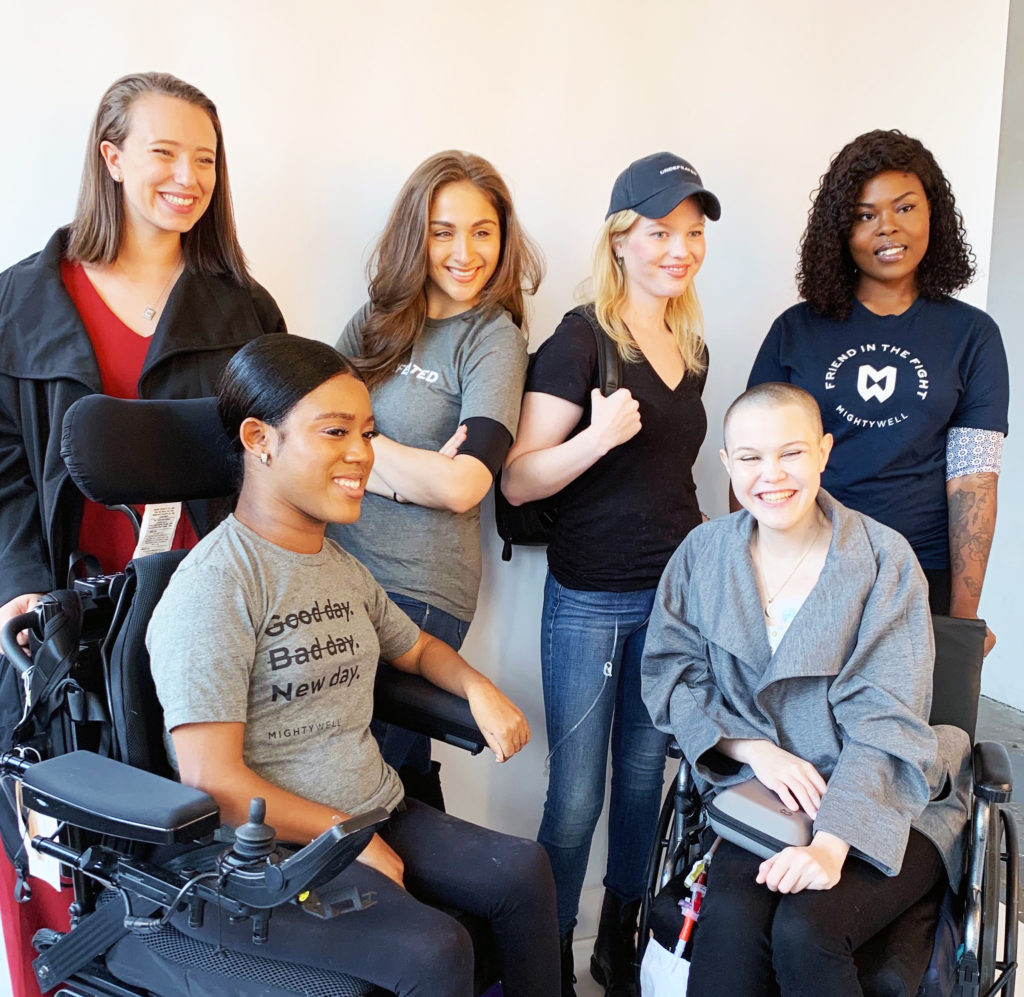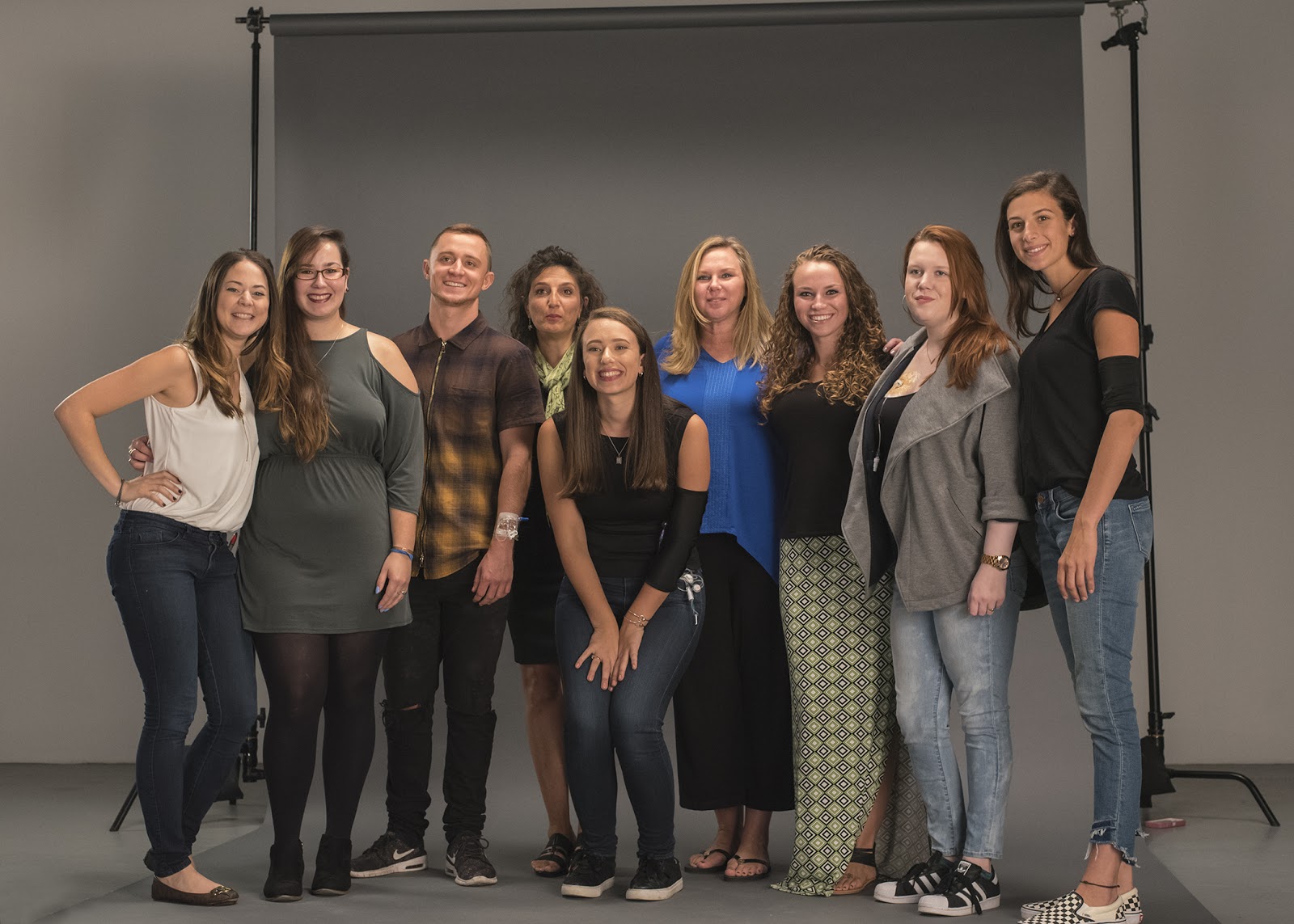Learning to thrive with a chronic illness is a team effort; it’s not something you can simply do on your own. You’ll need to work on building a caregiving team of people supporting you throughout your journey. You may need specialists, non-traditional or non-medical practitioners, a primary care physician (PCP) to see the big picture, and everyone (medical or not) who cares for you at home. And yet telling you to just build a team of providers and caregivers is not so simple. Caregiving teams work best when each member is a good fit and addresses a specific part of your journey. Each thread is difficult to find, and weaving them together into an effective network can take years to foster.
Interested in building a care team for yourself? Here are some tips to get you started on the right foot:
1. Timing is everything
Building a caregiving team takes time, energy, and care. When someone proves not to be a good fit, it’s emotionally exhausting, if not triggering. Depending on your insurance, it can also be financially costly. As such, it is helpful to intentionally choose the timing of this process.
As your illness ebbs and flows, try to find a time when you have the capacity and stamina to make progress. You can also try to set the stage for success, such as lining up a therapist or other mental health boost to help you process running into challenging people.
If you can, set up extra short-term support, like childcare or reduced hours at work. And know that this marathon can also be a relay — get as far as you can, but don’t be afraid to press pause and come back later or tag someone else in to follow through.
2. Honor your own needs
As with anything, you can’t get what you want if you don’t yet know what that is! Take a minute to think about what you need. Do you need:
- a medical specialist for each of your more problematic symptoms?
- home care nurses?
If you’ve found traditional Western medicine incomplete, you may also want to try holistic, naturopathic, Eastern, nutritional, or other alternative approaches. You should also have a PCP who is:
- compassionate
- a good listener
- can see the whole picture
Some teams also benefit from a care coordinator to help with the following:
- setting up/coordinating appointments
- communicating with insurance
- finding healthy and affordable housing
Don’t forget the non-medical members of your caregiving team — people who will show up if you need someone else to cook and clean, someone to help you advocate when needed, and someone to call when it just feels too hard. These can be friends and family, but they can also be paid professionals like house cleaners, therapists, food delivery services, or health advocates.
Once you’ve decided who you need, think about what qualities you need. Perhaps you do best with warm, compassionate listeners who believe in and affirm your experiences. Maybe you are missing someone inquisitive and organized who will do the extra research. You may thrive with people who give you tough love and push you to work harder. Often we need some combination!
As you try out different people, keep in mind what specific roles they will be playing and what qualities you need from them. It is ok to decide that they are not the right fit or to tell them what you are looking for and see if they can adapt.
3. Weed and nurture
We already have networks in play, whether we are aware of them or not. Take some time to notice who impacts your health. Who supports you when you fall, whether physically, financially, or emotionally? Which doctors or other practitioners do you turn to for maintenance or in times of trouble? Who keeps you grooving during the good times, and who drags you down?
You don’t need to start your team from scratch. Take a look at who is already there and decide how you would like to prune. Perhaps someone is not helpful. Whether it is a friend, family member, or provider, consider taking a break from their influence. You don’t need to sever ties with them forever (although that is also your right to do!) — but you can tell them that right now, you need to build yourself up without them. I love this quote from Glennon Doyle in her (excellent) book Untamed. At a time when she needed to restructure her family, she felt her mother’s negative impacts and decided that, for right now, her mother was not allowed on their family’s “island”:
“When you are ready to come to our island with nothing but wild acceptance and joy and celebration for our true, beautiful family, we’ll lower the drawbridge for you. But not one second sooner.”
For those in your life who bring something positive most of the time, take some time to nurture your relationships. Let them know you are working to build your team. Communicate what you’ve realized you need, and ask if they are willing and ready to meet any of those needs. Offer gentle feedback if they show negative behaviors or express unhelpful opinions. Who knows — maybe this is all your caregiving team needs! A little pruning and fertilizer to help the stronger branches grow.

4. Ask people on a similar health journey as you
If it turns out that, after pruning, some large gaps need filling, where do you turn? You can find the right people through trial and error, but it can take a toll. Being strategic with whom you reach out will save you time and heartache. Find other people with chronic conditions. They may be the best advocates and friends out there! When you need someone to vent to after a rough flare or disappointing doctor visit, they’ll get you. They can also be great resources for finding other members of your team. Ask them which doctors are compassionate and affirming and which ones really know their stuff. Pick their brains for non-medical supports, like sensory-friendly clothing brands, spoonie-friendly exercise studios, or allergy-friendly restaurants in your area.
Where, you ask, can you find these chronic illness warriors? Search online for virtual support groups, Facebook groups, or local meet-ups. It’s best to find groups for your particular illness(es), but general groups like our Friends in the Fight group can also be a great place to meet people like you or field your questions and vent your frustrations. Attending events can also be a way to meet others. I’ve attended wonderful chronic illness retreats with Suffering the Silence and conferences through the Autoimmune Association and Ehlers-Danlos Society.
5. Try and try again
As you probably already know, these efforts don’t always pay off immediately. You may have to meet multiple doctors before finding one that clicks. Sometimes, too, it takes work to hone a relationship, understanding that there might not be a perfect option. If you don’t immediately click with someone but see potential, give it a couple of visits. Offer them your thoughts that you generally want to work with them but would feel more comfortable if they _______. See how they respond! After a few visits, if something still feels problematic, try someone else.
And in those moments when you’re exhausted and just want to coast, remember that it is 100% ok to give up the chase! You can still care for yourself without pursuing new caregiving team members. It does not mean you aren’t trying hard enough. And if you feel up to it at another time, you can always pick back up.
Building a team is challenging emotional work, but it can be a significant breakthrough for your care! Do you have questions or tips from your care team journey? We’d love to hear about it in our Friends in the Fight Facebook group.

